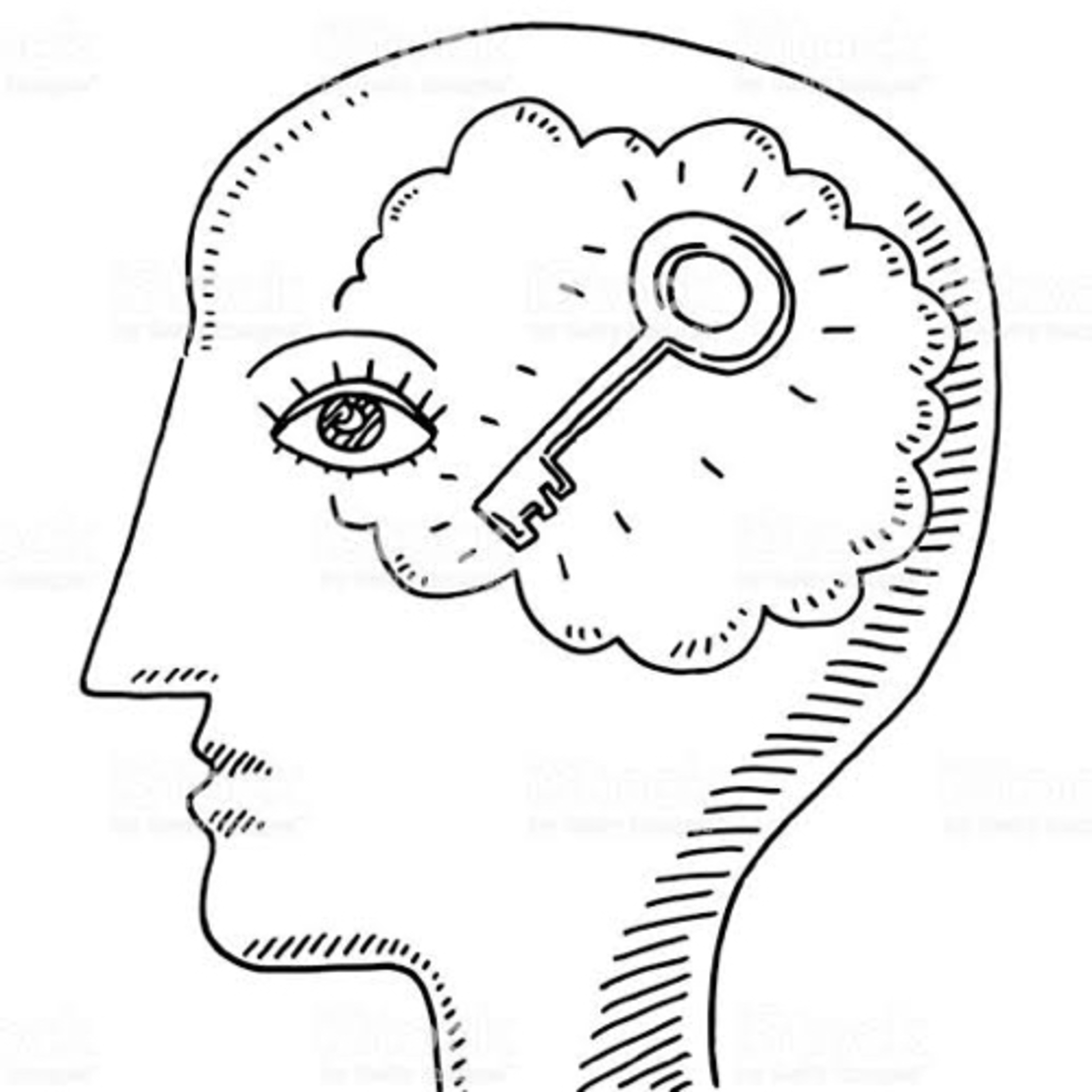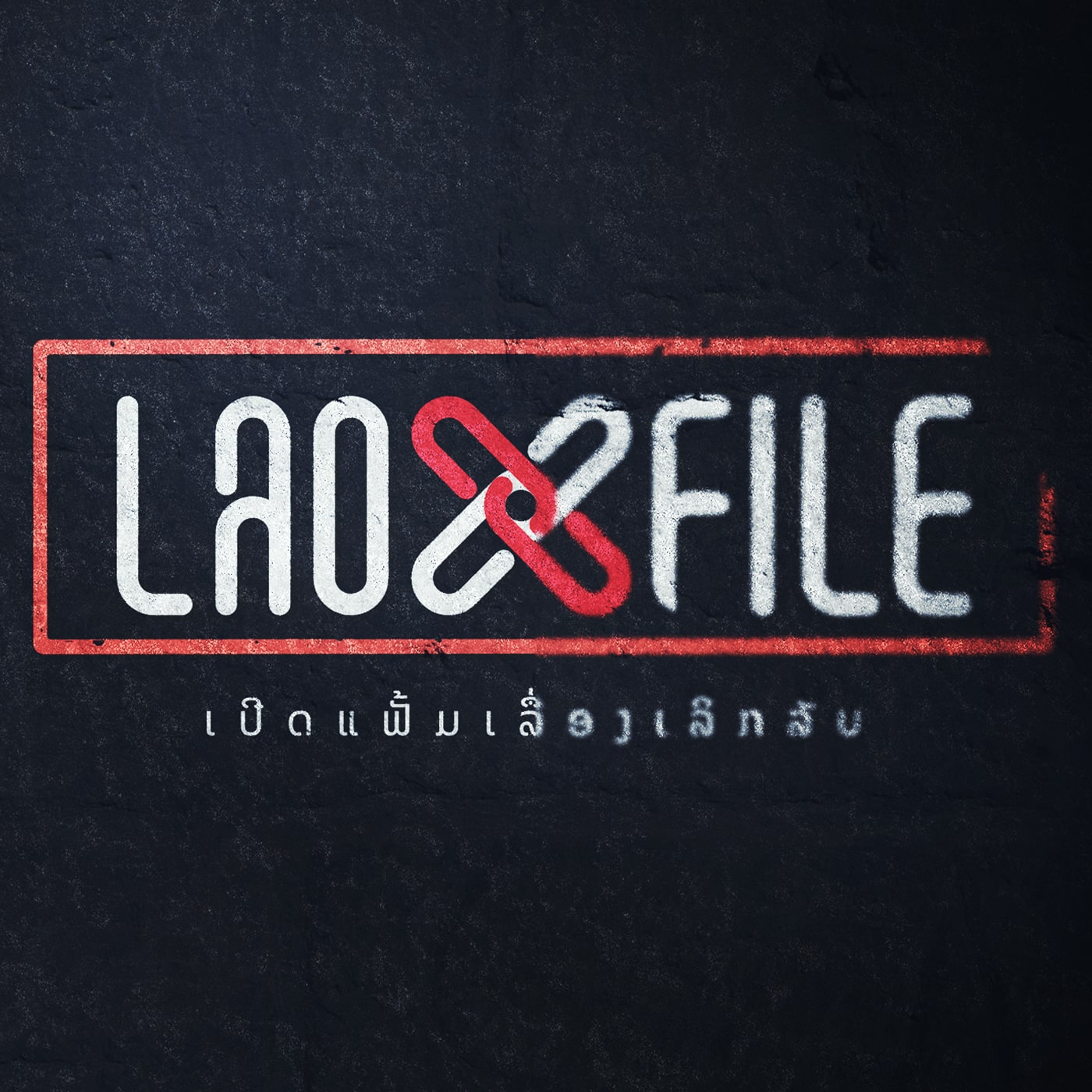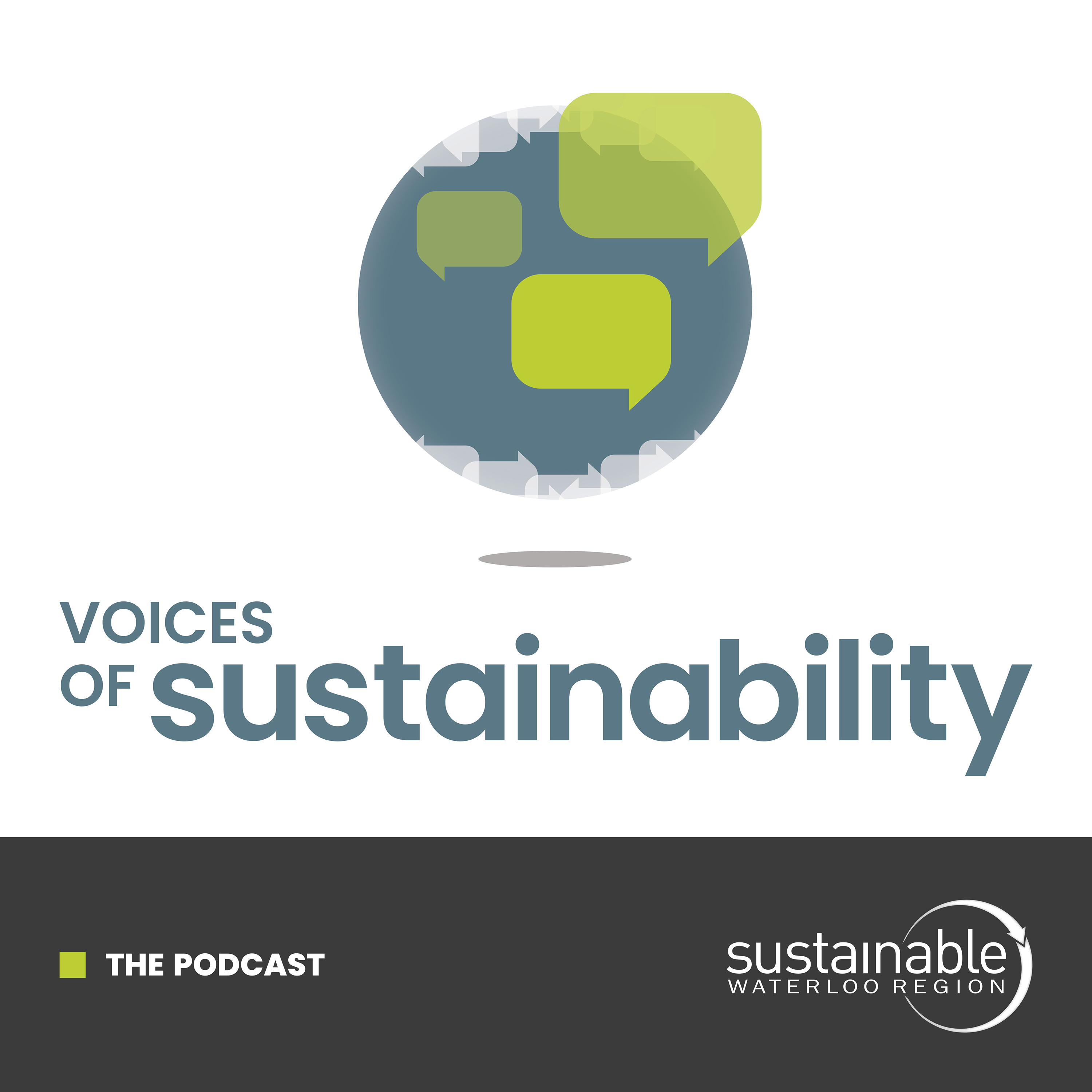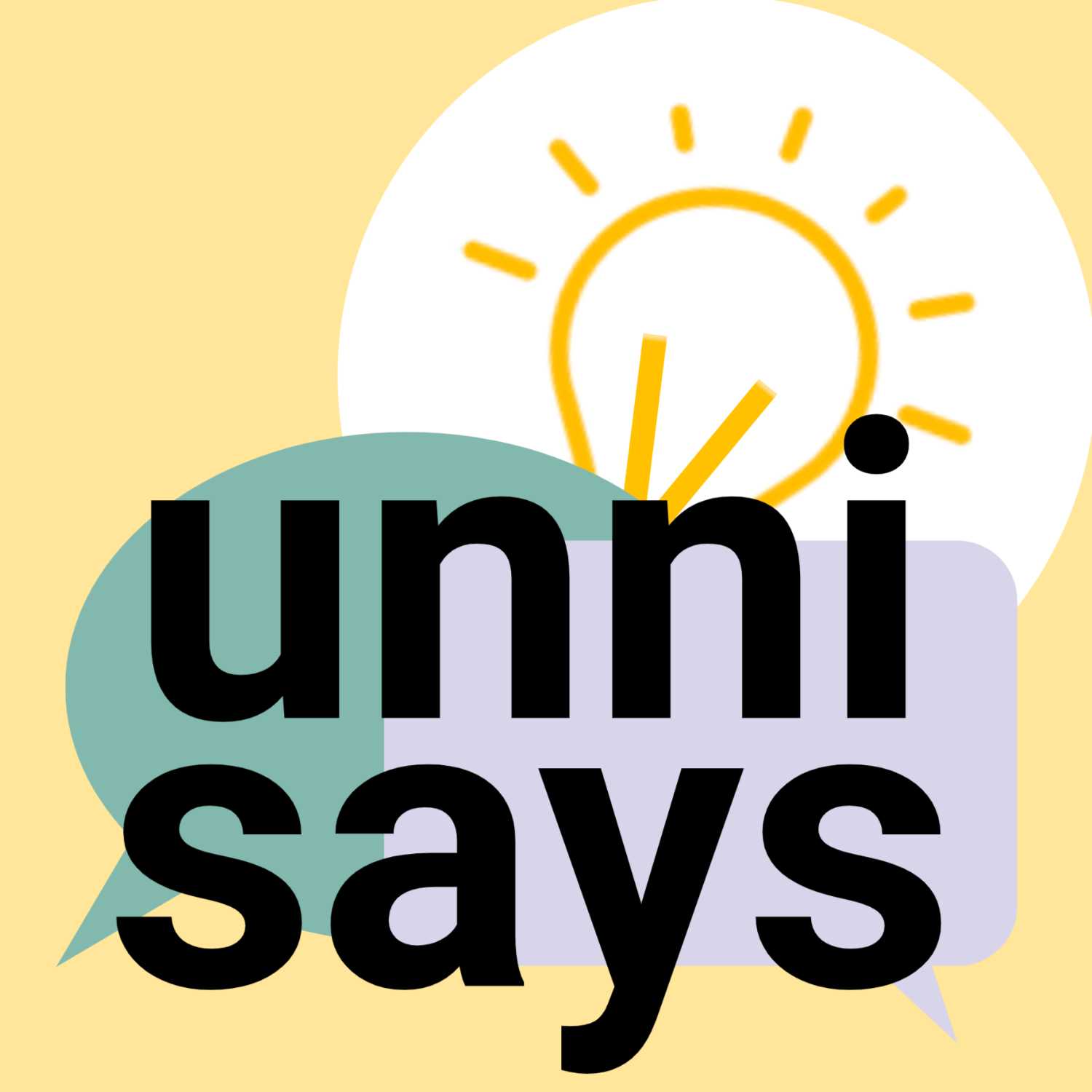 |
The NeuromanticsA writer and a neuroscientist try to communicate. Author: Will Eaves & Sophie Scott
Welcome to The Neuromantics a monthly podcast for writers, psychologists, neuroscientists, poets, philosophers, comedians, musicians, and anyone interested in the exchange of ideas. The idea: a free-ranging conversation between Professor Sophie Scott (https://www.ucl.ac.uk/icn/people/sophie-scott and @sophiescott) of the Institute for Cognitive Neuroscience at UCL and Will Eaves about the brain, the mind, language, gesture, and communication as a fundamental property of science, literature and the arts. The format: roughly 30 mins of chat with musical stings in the punning style of the podcast title by Michael Caines. Sophie shares a bit of research. Will brings along a poem, story, speech, or essay. There will be guests in the future. There will be events. Language: en-us Genres: Arts, Books, Science, Social Sciences Contact email: Get it Feed URL: Get it iTunes ID: Get it |
Listen Now...
Wednesday, 1 January, 1000












